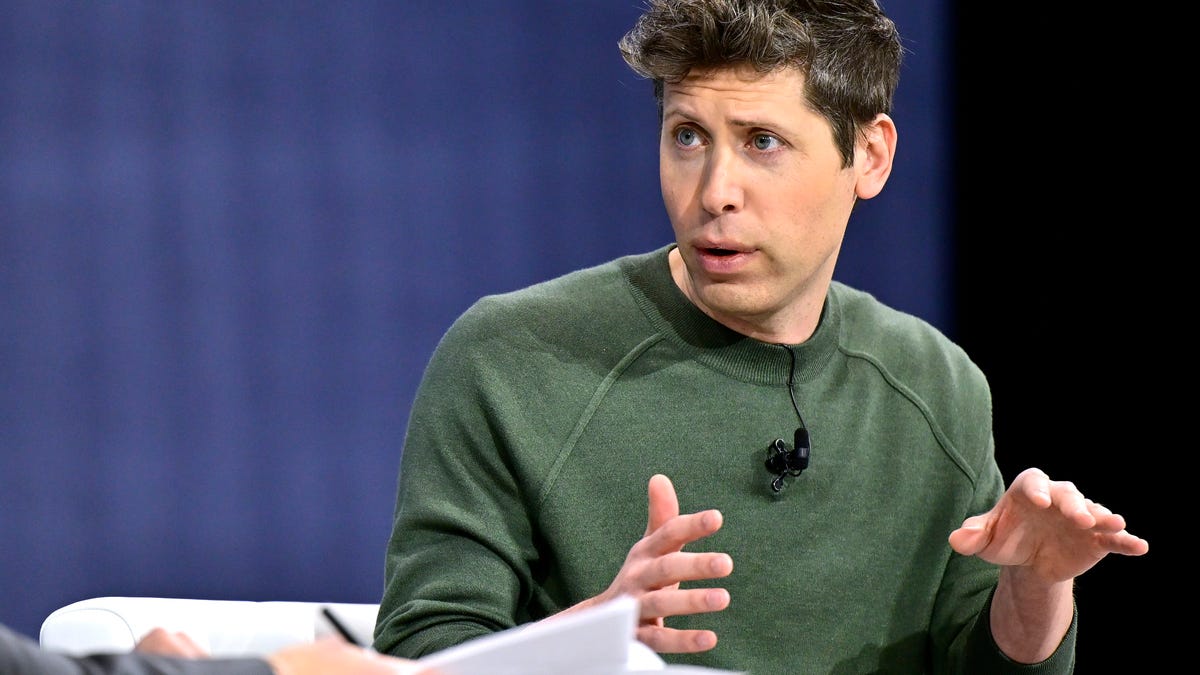T4K3.news
Gen Z stare highlights generational tensions
Emma Beddington explores the implications of the Gen Z stare in a recent Guardian column.

A Guardian columnist discusses the so-called Gen Z stare and its implications.
Gen Z stares draw attention to deeper generational issues
In a recent piece for the Guardian, columnist Emma Beddington explores the so-called Gen Z stare, described as a flat, expressionless look often perceived as boredom or superiority. This stare has drawn criticism in various settings, particularly in customer service contexts. Beddington argues that younger generations are often unfairly maligned for their behavior while facing significant challenges in terms of employment and societal expectations. Reflecting on her own experiences as a Gen Xer, she offers insights into why older generations also exhibit vacant stares, highlighting communication struggles and generational misunderstandings. The article highlights the importance of empathy across age groups and suggests that the blank stare may be less about rudeness and more about personal struggles.
Key Takeaways
"Maybe what we’re witnessing is some boredom, especially with who they’re interacting with."
This quote captures the perspective that Gen Z's expression may stem from disinterest rather than disrespect.
"We’re getting a bit deaf but struggling to accept it, so we’re fumbling our way through the world with context clues."
Beddington highlights the challenges older generations face, which may lead to blank stares in conversations.
Beddington's article reveals a stark generational divide in perceptions and expressions of communication. While adults often view the Gen Z stare as a lack of respect, it may reflect deeper feelings of frustration and disconnection among young people. At the same time, older generations grapple with their own challenges, such as hearing loss and nostalgia. This commentary brings to light how social norms around expression and engagement differ greatly by age. Rather than fostering disdain, older generations are encouraged to appreciate the pressures younger people face. Ultimately, these generational differences underscore a broader need for understanding and compassion in our increasingly complex social landscape.
Highlights
- The Gen Z stare might just signal a complex reality.
- Staring is more than rudeness; it's a reflection of deeper issues.
- Generational gaps reveal our shared humanity.
- Understanding the Gen Z stare requires empathy, not judgment.
Potential generational conflict risks
The article discusses the rift between generations and the perception of Gen Z, which could lead to backlash against younger individuals, as well as tension in social interactions.
The dialogue around generational behaviors needs to evolve to foster understanding, not division.
Enjoyed this? Let your friends know!
Related News

Discourse grows around Gen Z stare
Experts clarify Gen Z stare significance

Debate grows on Gen Z stare

New trends in youth culture raise safety concerns

Survey reveals men's changing attitudes about sex in the UK

Ten foods decline as Gen Z shifts dietary choices

Gen Z turns to ChatGPT for life decisions

American Express reports record earnings and strong spending growth
